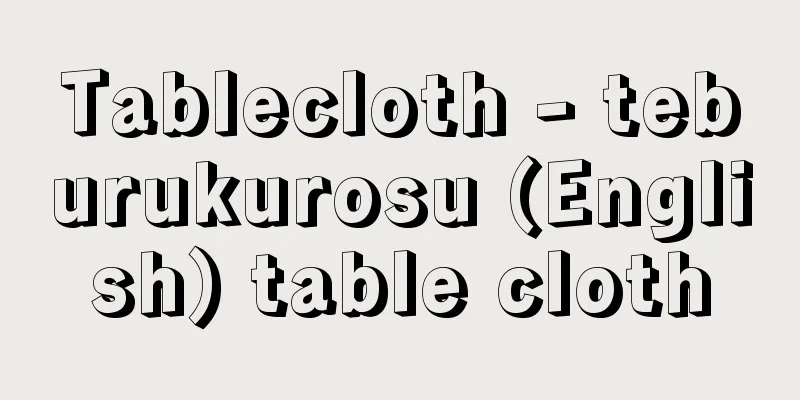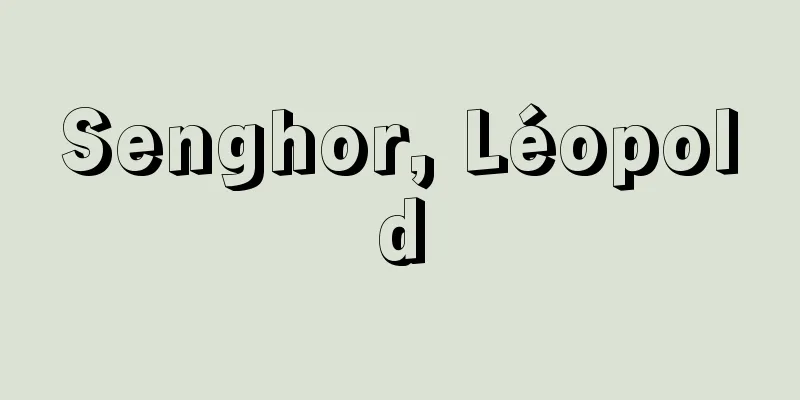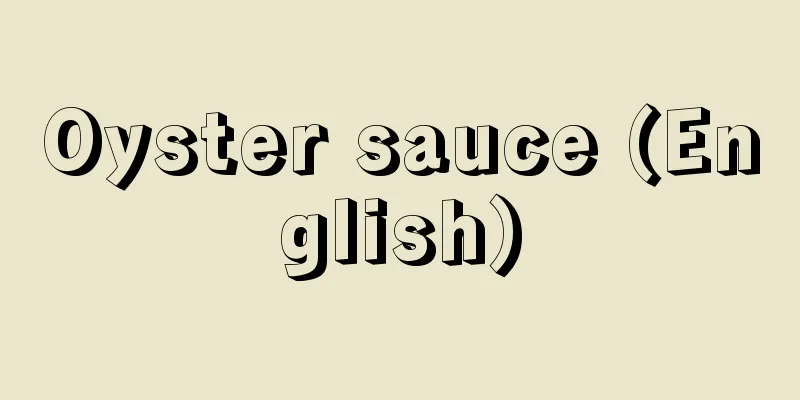Tablecloth - teburukurosu (English) table cloth

|
A cloth that is primarily used to cover a dining table. It is often used both for practical purposes and decoration. It is said that tablecloths began to be used on dining tables from around the 8th century. They have been used in France for a longer period, and then began to be commonly used in England from around the 10th century. Before knives, forks, and spoons began to be used in daily meals, people often ate with their fingers and would wipe their dirty hands on the bottom of the tablecloth. Finger bowls and other items can be seen as a vestige of this. However, around the 11th century, in England, in addition to tablecloths, small cloths specifically for drying hands began to be placed on the dining table. These are napkins. Tablecloths were also useful for preventing tableware from making noise or slipping on the dining table material, such as wood or marble. Tablecloths are generally made of thick cotton or linen that can withstand washing, and are often white or light colors that give a clean impression. Decorative tablecloths include those with woven or dyed patterns, embroidery, velvet, and lace. In recent years, vinyl cloths have come into use, but although they are easy to clean, they do not offer a very pleasant feel or color. [Tomomi Kono and Midori Otaki] Source: Shogakukan Encyclopedia Nipponica About Encyclopedia Nipponica Information | Legend |
|
食卓用のテーブルに主としてかける布のこと。実用上と飾りとを兼ねていることが多い。テーブルクロスが食卓に用いられるようになったのは8世紀ごろからといわれる。フランスのほうが古くから使われ、その後10世紀ごろからイギリスでもよく使われるようになったといわれる。ナイフ、フォーク、スプーンなどが、日常の食事で使われるようになるまでは、手づかみで料理を食べることも多く、汚れた手をテーブルクロスの裾(すそ)でぬぐったという。フィンガーボウルなどがあるのは、その名残(なごり)ともいえる。ただ、11世紀ごろになると、イギリスでは、テーブルクロス以外に、手ふき専用の小布を食卓に置くようになった。これがナプキンである。 テーブルクロスは、食器が食卓の材質、たとえば木や大理石などに当たって音をたてたり、滑ったりするのを防ぐことにも役だった。テーブルクロスの材質は、実質的なものには、洗濯に耐えられる地の厚い木綿や麻が使用され、色も清潔感のある白や淡色のものが多い。装飾的なものには、織り模様、染め模様を施したもの、刺しゅうしたもの、ビロード、レース編みなどがある。近年はビニルのクロスも使用されるようになったが、汚れは落ちやすいものの、感触、色などはあまりよい感じを与えない。 [河野友美・大滝 緑] 出典 小学館 日本大百科全書(ニッポニカ)日本大百科全書(ニッポニカ)について 情報 | 凡例 |
<<: Table Sanza (Table Mountain) - Table Sanza (English spelling) Mensa
>>: Table - taeburu (English spelling) table
Recommend
Asahi [Hot Spring] (Tochigi) - Asahi
...In the central and southeastern regions, milit...
Mergus serrator; red-breasted merganser
Order Anseriformes, family Anatidae. Total length ...
Uramatsu Kozen - Uramatsu Kozen
[1736~1804]Late Edo period Employed Yusoku He is f...
Angles‐sur‐l'Anglin
A late Paleolithic art site located about 45km eas...
Takeo Ono
Born: August 1883, Oita, Momoe [Died] June 1949 Hi...
Asahina Chisen - Asahina Chisen
A newspaper journalist in the Meiji period. His p...
Lectures on Positive Philosophy - Courses de philosophie positive
A. Comte's major work, published between 1830 ...
《King》
...He wrote over 200 screenplays in his lifetime,...
What is the Third Estate?
A pamphlet written by French politician Sieyès in...
White Anglo-Saxon Protestant (English spelling)
…White Anglo-Saxon Protestant is an abbreviation ...
Phosphagen
A general term for high-energy phosphate compounds...
Lotus horn - Lotus horn
A general term for birds of the Jacanidae family, ...
Biscuit beetle
...Drugstore beetles, cigarette beetles, and othe...
Oonimasu Mishiritsuhiko Shrine
…According to the Kojiki and Nihon Shoki, the anc...
Indirect consumption tax - indirect consumption tax
A consumption tax is a tax that is not levied dire...

![Meissen [City] (English spelling)](/upload/images/67cce1c2eec9b.webp)







